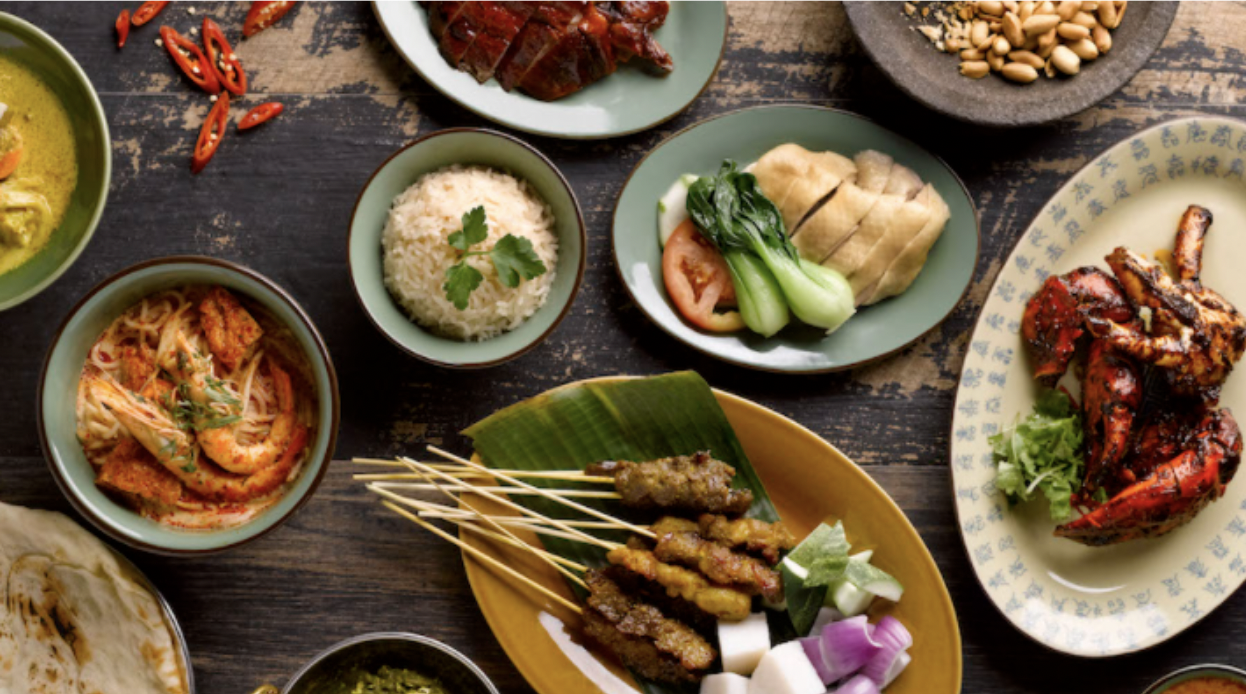
Halal food has been growing in popularity as more and more people start to keep a more sustainable diet. But what is halal food? And why does it matter? What is halal food, really? Is it different from being vegetarian or vegan? Halal means “lawful” in Arabic, and the term is often used to refer to foods that are permissible according to Islamic dietary laws. There are many misconceptions about affordable halal food in Singapore, but this blog post will guide you to understand halal food culture.
What is halal food?
Halal food is food that follows Islamic dietary laws. They are foods that are permissible to eat according to the Qur’an. Halal foods can be meat, seafood, or any other type of food as long as they follow the rules laid out by Islam.
Singapore’s Halal Food Culture
Affordable halal food is a part of Singapore’s cultural identity. For example, the National Museum of Singapore has an entire exhibit dedicated to halal food. Halal restaurants are also prominent in Singapore and are usually identifiable by the crossed swords sign outside the restaurant. The most common type of meat served in these restaurants is beef, but many restaurants offer seafood dishes as well.
Halal food is also popular among locals who keep a more sustainable diet. This means that they avoid foods that are not halal, such as pork and shellfish. One of the major benefits of this diet is that it limits meat intake and encourages people to eat healthier, more natural foods like fruits and vegetables instead. Furthermore, some people living in Singapore choose to be vegetarian or vegan for religious reasons or because they have health concerns such as cardiovascular disease.
The history of halal food in Singapore
Affordable halal food is an ancient concept that was established in the seventh century. It’s about consistency and avoiding what is prohibited, or haram. The term halal usually refers to food that is permissible to eat according to Islamic dietary laws, but it can also be used to describe a lifestyle where you adhere to Islam.
Islamic dietary laws deal with what animals you can eat and how they should be slaughtered. Animals are considered halal if they have been killed by hand and if the name of Allah has been invoked during the process. Halal foods are often vegetable-heavy because the meat isn’t allowed unless it comes from an animal that meets these standards of slaughtering. Halal certifications have only started to become widespread in the last few decades, but they have been very popular among Muslim communities since the beginning.
The growing demand for halal food in Singapore
The demand for halal foods is growing in Singapore. Halal food has been growing in popularity as more and more people start to keep a more sustainable diet. An increasing number of Muslims and non-Muslims also adopt this lifestyle.
Halal restaurants have been popping up worldwide, including in Singapore. The Islamic population in Singapore is only 14 percent, so you might be wondering why there are so many halal restaurants in Singapore. The answer is that halal restaurants make up for the lack of available food options by providing traditional dishes from other parts of the world: things like hummus or falafel or even kebabs can be found everywhere at halal restaurants they’re often not served at traditional Western eateries.
For those who want to explore the world of halal food in Singapore, various options are available. From traditional halal food to modern interpretations, everyone has an option.